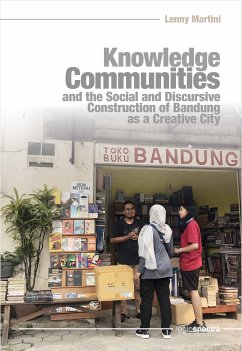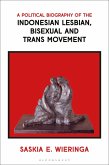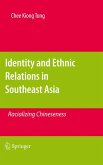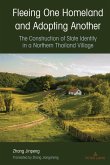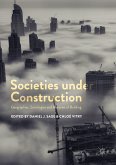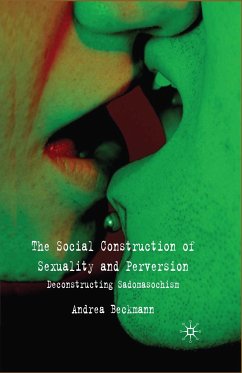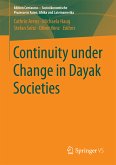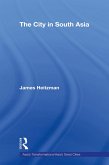Bearing a positive, optimistic, and exclusive connotation, "creative city" has become a "hype" urban development concept, being adopted by many cities worldwide. Thus, without careful consideration and solid theoretical grounds in the local context, enforcing the creative city concept can potentially be a trap for these cities, exacerbating the prevailing urban problems while inadvertently hiding the issues behind the aesthetic urban facades. Bringing the case of Bandung, a creative city in Indonesia, the book unpackages the struggle of knowledge communities-a bottom-up youth literacy movement-in facilitating the citizen of Bandung in translating the concept to fit into their local context and to be recognized internationally. Through the lens of the Sociology of Knowledge Approach to Discourse (SKAD), the research analyses urban development, the creative city concept, knowledge communities, and their interplay as political phenomenons laden with interests, power, contestation, conflicts, dependencies, collaborations, and other dynamic forms of interaction. Challenging the homogenic interpretation of creativity and creative city, as well as the blind adoption of the concept, the book elaborates on the multiple interpretations of the creative city concept in Bandung; and the different responses of knowledge communities. By nurturing empathy, maintaining the vibrancy of the city, and fostering literacy, the case of knowledge communities in Bandung exemplifies the significant role of a grass root movement in constructing and shaping the forms of development in a non-reference city where experimentation and contesting global urban development fads take place.
Dieser Download kann aus rechtlichen Gründen nur mit Rechnungsadresse in A, B, BG, CY, CZ, D, DK, EW, E, FIN, F, GR, HR, H, IRL, I, LT, L, LR, M, NL, PL, P, R, S, SLO, SK ausgeliefert werden.

